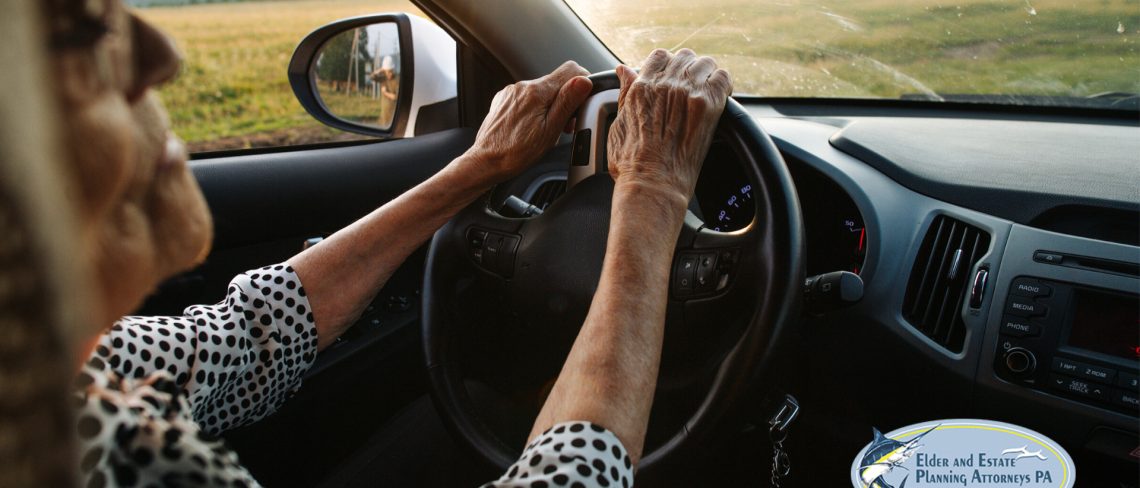Keeping in mind that with elder care and driving that age is not the sole predictor of driver safety, but it has a lot to do with it.
Research shows that nearly 290,000 adults, ages 65 and older, were injured in auto accidents in 2016. This equated, on average, to about 20 seniors killed and 795 injured, every day. Last year, Older Americans amounted to 19 percent of all vehicle fatalities, as accident rates spike after age 70.
Let us share more about this dilemma right here. Many seniors rely on driving to meet their basic needs and are essentially stuck in their homes without the freedom it provides. Knowing this, and the associated risk with elder care and driving, what can we do?
Solutions were widely discussed during Older Driver Safety Awareness Week earlier this month, and while the event has passed one of the more important ideas offered was the need for adult family members to begin talking with senior loved ones about their driving before an accident occurs.
While this sounds simple, it is not an easy conversation to have with an aging one. We know just how challenging the “taking the keys” away can be. We also know that not every situation requires that the Older American’s driving privileges are completely removed.
Elder Care & Assessing Our Aging Loved Ones Driving Abilities
Let us share three steps for you to consider for yourself, or for your aging loved ones
1. Collect Information. If you are concerned about an elder loved one’s driving, chances are others are also concerned. Ask them about warning signs and make note of them while exploring other potential red-flags. According to AAA Senior Driving, two of the biggest predictors of senior accidents are traffic tickets and “near-miss” collisions. Do these apply? The goal should be to get a complete picture of driving risk.
2. Outside Assessment. An outside evaluation of a senior adult’s driving ability accomplishes several objectives: It identifies risks and provides recommendations, it takes the onus off concerned family members, and it can save a senior loved one’s life. Determine if there are companies, support groups, or a doctor the senior has connections with who could assist you with this task.
3. Have The Conversation. Armed with information and a plan, it may be time to talk with an elder parent or senior loved one. Above all, approach this person with compassion and respect. Focus on the driving, not his or her age, and keep to the primary objective of ensuring continued health and safety.
Earning a senior loved one’s trust is critical to keeping him or her safe on the road. Although health is always the main concern, a number of legal considerations are also relevant when it comes to unsafe senior driving, and should be discussed.
Do not wait to contact our office to schedule a meeting to discuss this or any of your elder law concerns. We are here to support you and can provide you with the valuable guidance you need.


